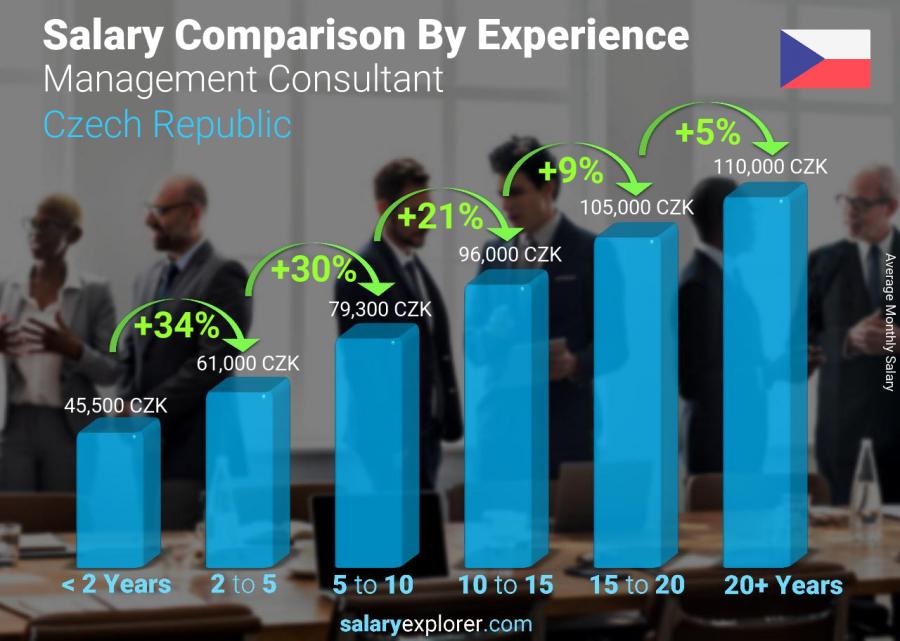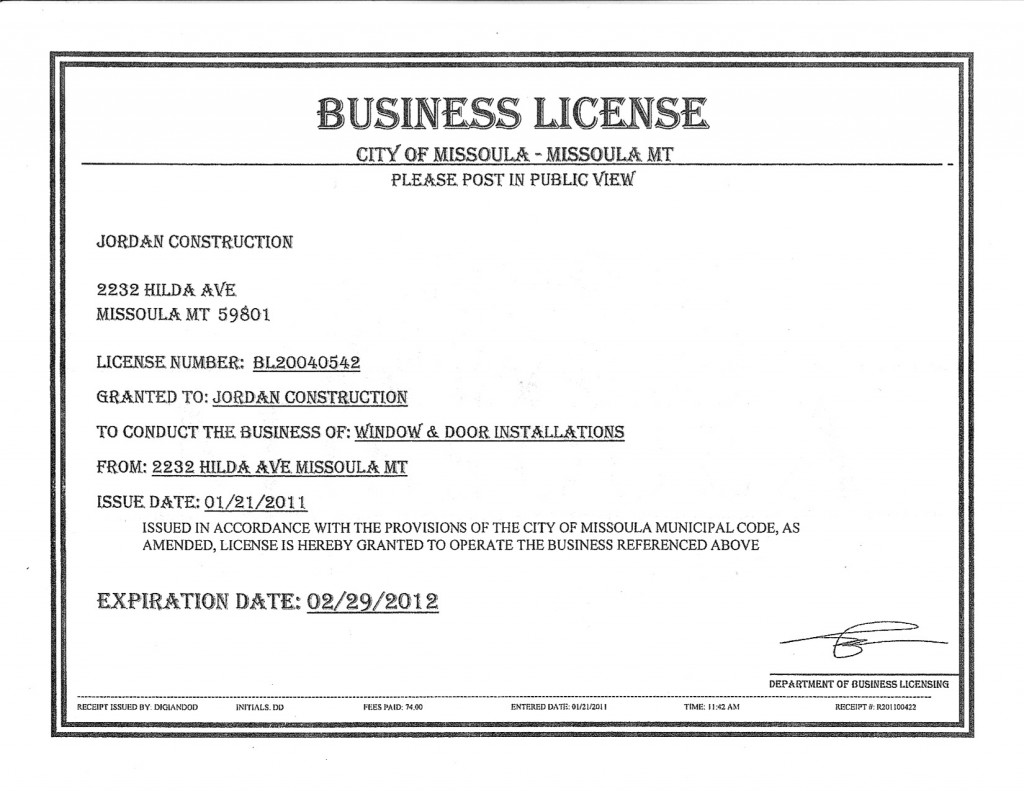
Outsourcing staff can have many advantages for your company. Outsourcing staff not only reduces your costs but also allows you to have the flexibility you want. For instance, you can have the flexibility to hire extra network support when you need it, without worrying about your employees being overworked. You can also invest the cost savings back in your business.
Outsourcing staff can have its advantages.
Outsourcing is a great way for businesses to reduce overhead costs. However, there are some cons to be aware of. These include: security risks and production inefficiency. Most people who attempted the Outsourcing quiz failed.

Costs
It is important to fully understand the costs involved in outsourcing business functions. The costs can be broken down into direct and indirect, which can include salaries, equipment administration, and services internal. Outsourcing can help companies cut unnecessary costs, such as the cost of recruiting and training employees. Outsourcing vendors can handle payroll, taxes, as well as equipment costs. They can also handle other social costs like insurance, software, as well as hardware. Companies can also reduce their personnel costs by outsourcing, especially when they contract with dedicated teams who work for set hours.
Reliability
Outsourcing staff's reliability can pose a risk to a company. Outsourced staff must have high work ethics and be reliable. If they don't, they could become unreliable or leave for a job that is more lucrative.
Signature of an NDA
Before allowing your employees to access sensitive data, it is important to sign an NDA when outsourcing. An NDA protects your business against your employees accidentally leaking confidential information. Even if your business does not outsource customer support or IT, it is worth signing an NDA agreement with contractors, freelancers, and vendors.

Terms for payment
You can reduce your expenses and offer your clients a longer payment term by outsourcing your payroll services. Before you consider this option, you should weigh the benefits and drawbacks. First, it will require a longer billing cycle, which will add to the complexity of your accounting software. It will require you to manage the risk that nonpayment may occur. While this is a common business practice, it can be risky.
FAQ
What's the difference between an advisor and a consultant?
An advisor is someone who provides information about a subject. A consultant is able to provide solutions.
To help clients achieve their goals, a consultant works directly with them. Advisors advise clients indirectly via books, magazines, lectures and seminars, etc.
What skills is required to consult?
A consultant should have strong analytical skills as well as interpersonal skills. This is vital because you may not understand the scope of your work. It is important to learn how to quickly solve problems and manage people.
Excellent communication skills are also essential. Most clients expect to hear back within 24 hours. If they don’t hear back, they assume that you aren’t interested. It is important to keep them updated and make sure they fully understand the situation.
What are the benefits to being a consultant?
Consultants often have the option to choose when and what they do.
This allows you to work wherever and whenever you want.
You can also easily change your mind, without worrying about losing any money.
Finally, you can control your income and set your own schedule.
What is the average price you should charge for a consulting job?
It depends on what you are offering. If you are offering services for free, it is not worth charging anything. If you sell products or services, however, you must set prices based upon value.
If you're providing low-quality service, you don’t have anything to offer. Why would anyone pay anything for you?
If you provide high-quality service, you may ask for higher prices because people appreciate the value you offer. Customers who buy multiple services from you may qualify for discounts.
Who hires consultants
Many companies hire consultants to help with their projects. These include small businesses, large companies, government agencies and non-profits.
Some consultants work directly for these organisations, while others freelance. The hiring process will vary depending on the complexity and size of the project.
Many rounds of interviews are required when hiring consultants. Then, the final decision will be made about who you believe is best for the job.
How can I become an expert consultant?
It is important to identify an area of passion. Next, you need to establish relationships. Knowing what your clients want and how they work is key. And finally, you must deliver results for them.
Although you don't have the ability to do everything perfectly, you must be better than anyone else. Passion is key. It isn't enough just to say, "I'm going to be a consultant." It's important to believe in your abilities and do what you love.
Which industries use consultants
There are many types and styles of consultants. Some are specialists in one type or another of business.
While some consultants only work for private companies, others represent large corporations.
Some consultants can also help businesses all around the globe.
Statistics
- So, if you help your clients increase their sales by 33%, then use a word like “revolution” instead of “increase.” (consultingsuccess.com)
- According to statistics from the ONS, the UK has around 300,000 consultants, of which around 63,000 professionals work as management consultants. (consultancy.uk)
- On average, your program increases the sales team's performance by 33%. (consultingsuccess.com)
- According to IBISWorld, revenues in the consulting industry will exceed $261 billion in 2020. (nerdwallet.com)
- Over 62% of consultants were dissatisfied with their former jobs before starting their consulting business. (consultingsuccess.com)
External Links
How To
What is a typical day for a consultant?
Depending on what type of work you do, your typical day may vary. You'll spend your time researching new ideas and meeting clients.
You will have many meetings where clients and you can discuss their issues. These meetings can take place over the phone, via email, online, or face to face.
Also, proposals are documents that outline your ideas or plans for clients. These proposals will be presented to clients by you and a mentor.
After all the preparation, you'll need to start creating content. Writing articles, designing websites, editing photos or conducting interviews are just some of the options.
Based on the scope and complexity of the project you may need research to obtain relevant statistics. For instance, you might want to find out how many people you have and if they are buying more than just one product or service.
After gathering enough information, you can present your findings to clients. You can either present your findings in writing or orally.
After your initial consultation, you should follow up with your clients. For example, you could call your clients periodically to check how things are going. Or send them emails asking them to confirm they have received the proposal.
Although this process can take time, it is important to stay focused and build good relationships with your clients.